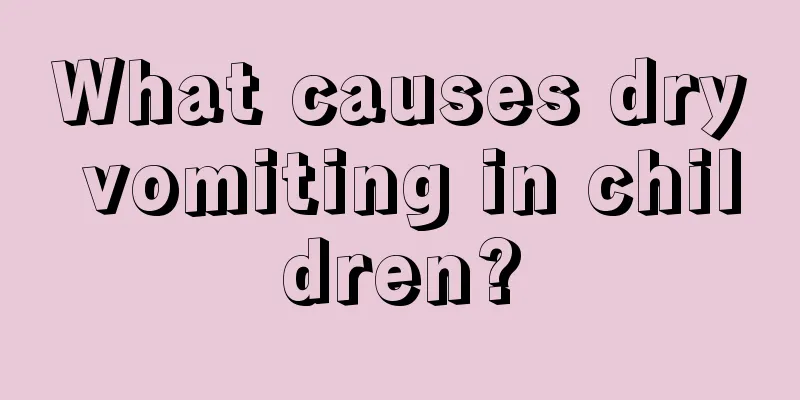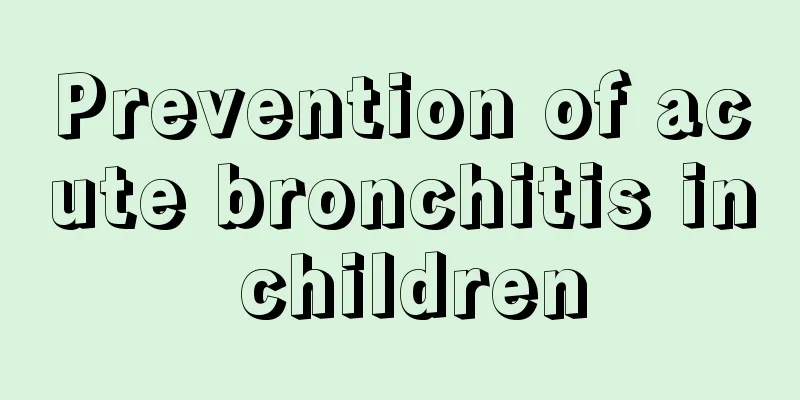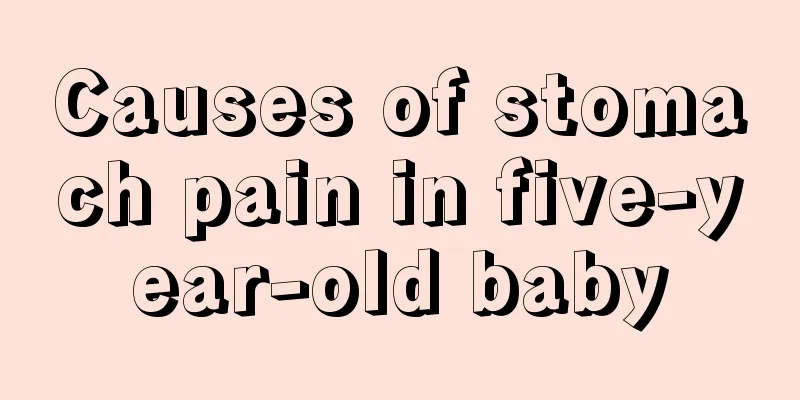Is premature infant apnea serious?

|
Respiratory apnea is a common phenomenon among premature infants. This shows that the respiratory system of premature babies is immature. This situation is sometimes quite serious, especially if choking occurs during feeding. It is often easy to induce aspiration pneumonia. We know that for children, once pneumonia occurs, the impact and harm are relatively large, so we must take precautions in this regard. Is premature infant apnea serious? If a premature baby has difficulty breathing, it is best to go to the hospital for examination, because choking on milk can easily lead to aspiration pneumonia. Premature babies are prone to chronic lung disease, and sometimes they have to go back with an oxygen machine even after being discharged from the hospital, so special attention should be paid to the prevention of respiratory tract infections. Normally, premature babies need to be fed after a few sips of milk, and allowed to rest and slow down, otherwise their milk will turn blue, which is a sign of hypoxia. If the baby turns blue, stop feeding him and wait until he recovers before feeding him again. Be patient when feeding him. Management and treatment Management of apnea of prematurity usually includes supportive care, continuous positive airway pressure (CPAP), and caffeine therapy. We recommend that all premature infants admitted to the neonatal intensive care unit (NICU) undergo initial cardiopulmonary monitoring because these infants are at risk for apnea (Grade 1B). Supportive care focuses on eliminating factors that increase the risk of apnea. This includes maintaining a constant temperature and nasal patency, avoiding excessive flexion and extension of the neck, and identifying any other potential conditions associated with apnea (eg, sepsis). For preterm infants with apnea, we suggest the use of nasal continuous positive airway pressure (nCPAP) (Grade 1C). Positive airway pressure reduces the risk of upper airway collapse and obstruction and increases oxygenation. For these premature infants, positive airway pressure is initially administered at a pressure of 4 to 6 cm H2O via nasal prongs or a nasal mask. For infants with apnea of prematurity who require multiple tactile stimulations or ventilatory support, we recommend additional treatment with methylxanthines rather than general measures alone (Grade 1B). We recommend caffeine rather than theophylline as the first choice for infants with apnea of prematurity (Grade 1B) because caffeine has a longer half-life, a wider safety margin, and a lower incidence of adverse effects. The loading dose of caffeine is 20 mg/kg caffeine citrate (equivalent to 10 mg/kg caffeine); after 24 hours, a daily maintenance dose of 5-10 mg/kg per dose (equivalent to 2.5-5 mg/kg caffeine) is given. Both loading and maintenance doses can be given intravenously or orally. |
<<: What to do if premature babies have abdominal distension
>>: The dangers of premature babies born 8 months ago
Recommend
How many weeks is the best for a baby to be born? How many weeks is the best for a baby to be born?
It is generally better for babies to be born at f...
How to treat abscesses on children's gums?
During the growth and development period of child...
How to deal with children's tonsil pus
If a child's tonsils are festering, this dise...
How to do a lumbar puncture in a child
Many parents are afraid when they hear about havi...
What should I do if my child always has colds and coughs?
Compared with adults, children are weaker and hav...
Why does my child keep dripping urine?
Perhaps many parents will find that their childre...
The reason why newborns have a lot of mucus
Generally speaking, newborns have more nasal secr...
Which shampoo is good for children?
Because children's skin is particularly delic...
How to protect teeth for children
Some parents think that children will have to cha...
Children who eat too much meat are prone to spleen yin deficiency
Traditional Chinese medicine believes that the sp...
The harm to children's eyes caused by playing with mobile phones should not be underestimated!
With the development of society, mobile phones ha...
What to do if your baby has a runny nose?
It is very common for babies to have a runny nose...
Newborn baby twists and turns while sleeping
Some parents will find that their babies keep twi...
What should a two-month-old baby wear in summer?
Babies have relatively poor resistance, which is ...
Application scope of baby skin cream
Every child has very delicate skin. With the deve...









